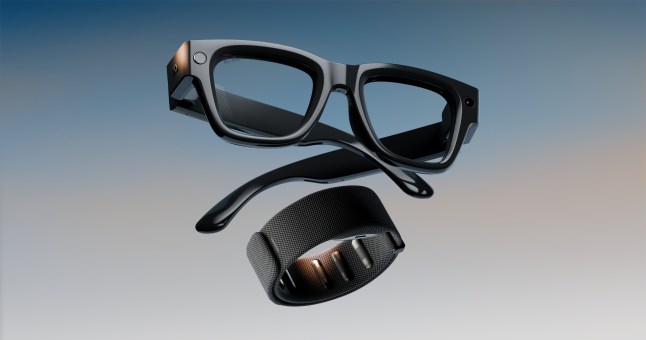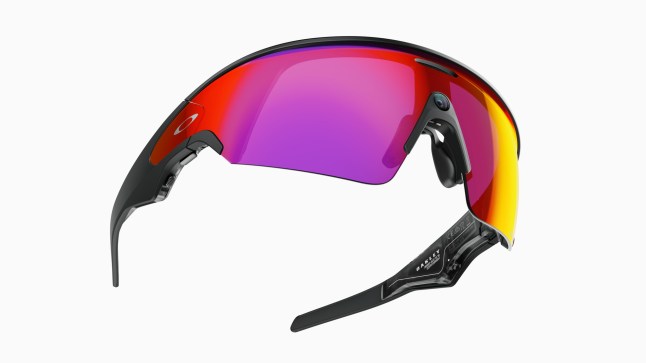
A South Korean court has ruled that online insults directed at a K-pop band can be considered defamation.
Except, this boy band doesn’t technically exist. PLAVE consists of five men in their 20s with brightly coloured hair who are completely virtual.
Yejun, Noah, Bamby, Eunho, and Hamin are digital avatars designed in the style of manhwa, the term for Korean comics and webtoons.
The real identities of the band members are unknown and they use motion capture technology to perform, chat with fans and accept music awards.
A K-pop fan website even lists each PLAVE member’s birthday, height, hobbies, likes, dislikes, personality type and ‘representative emoji’.
On July 19 last year, a social media user said the people behind the avatars could be ‘ugly in real life’ and said they have a ‘typical Korean man vibe’.

The X user ridiculed Hamin, saying he is ‘not tall or handsome’ and has a’rotten’ body, so he has to ‘hide behind’ his avatar, according to court documents.
In a sixth post on July 26, he called the band ‘bastards’.
PLAVE – as in, the people, not the avatars – filed a lawsuit against the user, saying the remarks caused them emotional distress and sought 6.5 million won each (about £3,400).
The defendant, named in court documents as ‘B’, said that as the group is made of fictional characters, their comments don’t count as defamation.
But a court in Gyeonggi ruled in favour of the band in May, saying that to insult an avatar is to insult the person behind it.
The verdict added: ‘The avatar in the era of the metaverse is more than a virtual image, but a way of expression of the user, one’s identity and one’s way of communicating with society.’
To view this video please enable JavaScript, and consider upgrading to a web
browser that
supports HTML5
video
The real identities of PLAVE have ‘become information readily available to the masses’, the judgment said, with tabloid journalists and message board users regularly claiming to have tracked them down.
‘When considering the fact that B also committed the offences in question with that information in mind, it must be concluded that B specifically targeted the plaintiffs,’ the ruling added.
The defendant was ordered to pay 100,000 won per plaintiff, having dismissed some of the band’s claims.
The judgment was confirmed in a court bulletin notice last week.
The ‘virtual entertainment company’ behind the band, VLAST, warned in a statement last March that it would take legal action against people who comment on the band’s true identities.
It added: ‘Our findings revealed that around 20,000 reported cases and proofs were discovered by VLAST and fans. There are also approximately 30 incidents deemed for trial since November 2023.’

But whether a ruling of this kind could happen in the UK is doubtful, Iain Wilson, libel lawyer and managing partner of the London firm Brett Wilson, told Metro.
‘While in the UK a fictional character could not bring a legal claim, a performer might, if the attack was understood by some of the readership to be against them rather than the character,’ he said.
‘However, on the reported facts of the PLAVE case, a UK defamation claim would likely fail. Recourse to English defamation law only applies if there is a likelihood of serious reputational harm. Insults or abuse, however hurtful, are insufficient.’
Get in touch with our news team by emailing us at webnews@metro.co.uk.
For more stories like this, check our news page.


